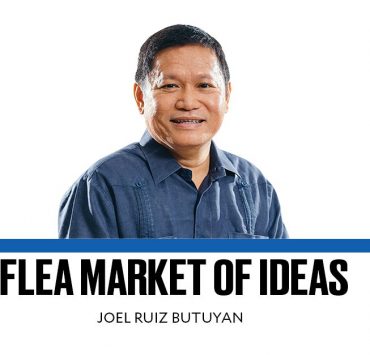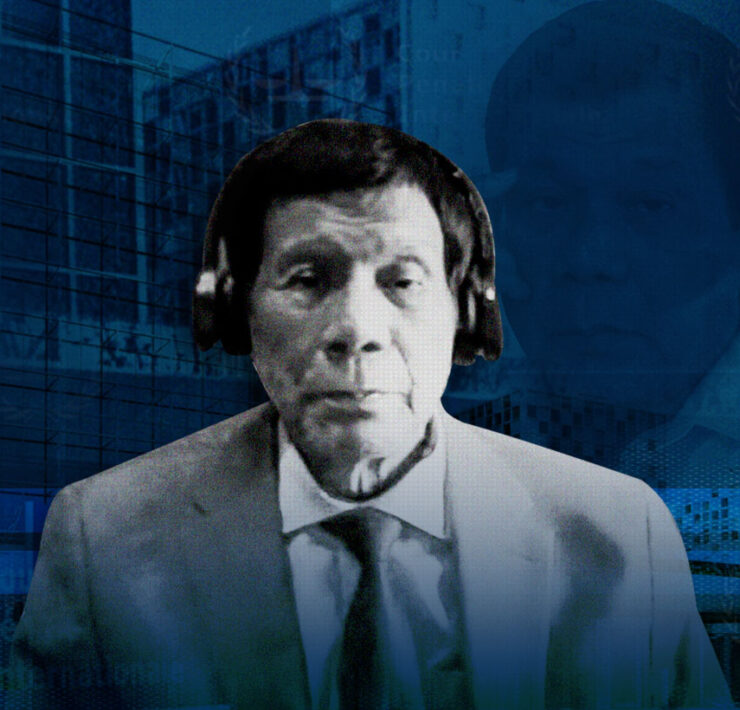Bagmen and legmen in DPWH

The annals of corruption and greed in Philippine politics have had their share of shocking stories and cautionary examples, this being a country, after all, that has been plundered and pillaged for generations by those in power.
But even against that sordid background, one is still taken aback by the recent news: about a mid-level bureaucrat at the Department of Public Works and Highways, a first district engineer, who had the audacity to try to bribe a congressman to the tune of millions of pesos to prevent the latter from looking too closely into crooked public-works projects in his district.
Batangas first district engineer Abelardo Calalo found himself arrested by police when Batangas 1st District Rep. Leandro Leviste reported the bribe try, where the congressman was allegedly promised a guaranteed cut in government contracts cornered by certain contractors.
According to Leviste, Calalo had met with him to relay the information that “several contractors” wanted a meeting so they could personally offer a 5- to 10-percent cut in their projects—apparently as the “standard operating procedure” or SOP in public works contracts.
Leviste would prove to be made of sterner stuff. The neophyte congressman, before entering politics, had made billions as the trailblazing entrepreneur behind the growth of solar power in the country. Still, the promised cut in projects wasn’t peanuts: Calalo reportedly brought with him P3.1 million in cold cash to give to Leviste courtesy of one contractor, with an additional P15 million to come the next day from another contractor. “Had I agreed with him … they would have given me millions in DPWH kickbacks from the P3.6 billion projects,” said Leviste.
Blatant bribery attempt
The money was one thing; the sheer casual brazenness with which Calalo and his backers had made their offer was another. The implication was that they had expected Leviste to be merely another fresh, eager-beaver lawmaker ready for the taking. Many others had likely succumbed before to such an offer, dazzled by the enormity of the easy money being dangled by the contractors, so Calalo had reason to be cocky and confident—except this time he and his cohorts failed to do their due diligence, so to speak, and disastrously misjudged their target.
So who are these contractors that must be made to answer for the blatant bribery attempt—in particular, for violation of Article 212 of the Revised Penal Code (corruption of public officials) and Republic Act No. 3019, or the Anti-Graft and Corrupt Practices Act?
Leviste has refused to divulge their names for now, only saying that these businessmen had “cornered the lion’s share of the projects” in Batangas’ first district. That should make it easy to identify them soon enough, and to throw the book at them and to blacklist their companies from government projects.
Mind-boggling corruption
But is anyone ever holding his or her breath that that will happen? Stories of mind-boggling corruption in government are old hat, and this year it’s become the outrage of the hour only because of one big push. President Marcos apparently needed a legacy project with which to burnish the last three years of his administration following the drubbing he got in the 2025 midterm elections, and so he zeroed in on failed or even nonexistent graft-ridden flood-control projects in his last State of the Nation Address and dressed down those responsible for them with his “Mahiya naman kayo! (Shame on you!)” outcry—never mind that his audience consisted of many lawmakers who have their own fingers dipped in the same dirty pie.
Contractors have been rightly excoriated by the public for the scores of shoddy projects that have cost staggering sums over the years—some P1 trillion in losses to anomalous flood-control projects alone, according to Sen. Panfilo Lacson—and contractors Sarah and Curlee Discaya, for one, who have become the personification of corruption in the sector with their shameless display of high-end cars and other markers of astonishing wealth.
Shadowy trifecta
But the Calalo episode provides a fuller picture of the shadowy trifecta behind such criminal enterprises: There’s the contractor, but there’s also the critical DPWH contact (in this case the district engineer), and of course the politician whose leverage is required to influence the bidding and bag the contract, from which the largesse will flow for everyone. The vaunted “SOP.”
Lacson hit it right in the head when he said that the DPWH’s district officials have become the “bagmen” and “legmen” of powerful, influential contractors. Without these accomplices and enablers inside government, third-party contractors would be hard-pressed to advance their schemes.
The Leviste bribery attempt underscores how the rot is above all from within—from the unholy alliance of bureaucrat and politico as starting ground. While Mr. Marcos has fulminated against crooks in the private sector, clearly, he also needs to sweep the Augean stables in his own backyard.





















